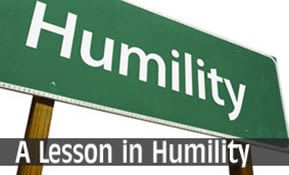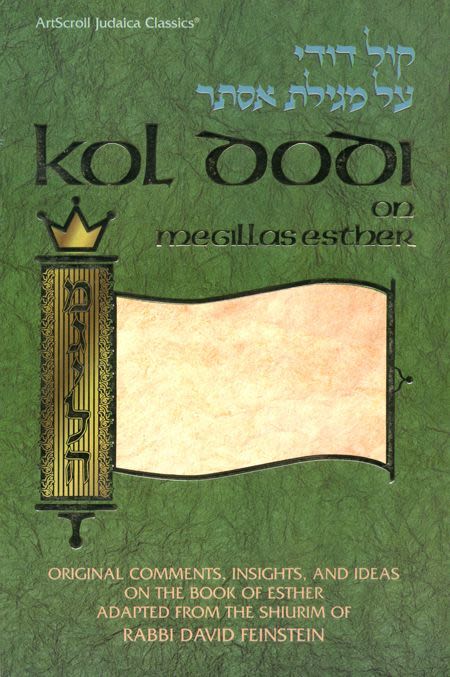
Bereishit: Where Are You?
But by asking him where he is, Hashem is giving Adam an opportunity to slow down, assess himself, and clarify the point of truth in his mind. Hashem already knows the answer…

And Hashem G-d called out to the man and said to him, "Where are you" (Genesis 3: 9).
Our sages tell us that the entire Five Books of Moses are encapsulated in the Book of Genesis. Subjects are presented here telegraphically that are further elaborated in the continuation of the Torah. For example, the one-word Hebrew question that G-d asked Adam – ayeka, where are you? – is the basis of man's entire connection to Hashem.
Hashem, as the Midrash tells us, certainly knew where Adam was.
But by asking him where he is, Hashem is giving Adam an opportunity to slow down, assess himself, and clarify the point of truth in his mind. Hashem already knows the answers, but He wants us to clarify the truth so that we'll understand what's happening in our lives as well. Hashem is here asking Adam, "Was your sin an accident, or do you intend to keep on sinning?"
Adam's answer is seemingly odd (ibid, 12): "She gave me of the tree, and I will eat." What kind of insolent answer is that? Is Adam brazen enough to tell Hashem that he sinned and that he will keep on sinning?
Ramatayim Tzofim in his elaboration of the Midrash explains that Adam, the very creation of Hashem's hands, apologized to Hashem and admitted that he was still prone to future sin, for he had not yet done anything to refine himself. He writes, "This is a major lesson for a person, that he should be aware of himself, and not be so ignorant as to fool himself." This is a very deep thought, especially since so many people cannot see themselves in a truthful light.
 So we see, even though Adam's response to Hashem appears brazen, it is actually praiseworthy, for he told the truth and admitted his weakness. Adam properly assessed himself and therefore did not fool himself. Such candid self-assessment is gratifying to Hashem.
So we see, even though Adam's response to Hashem appears brazen, it is actually praiseworthy, for he told the truth and admitted his weakness. Adam properly assessed himself and therefore did not fool himself. Such candid self-assessment is gratifying to Hashem.
After every setback, sin, fit of anger, expression of egotism, act of stinginess, selfishness and the like, Hashem asks us the most probing question – "Where are you?" In other words, what do you conclude from your present circumstance? Do you understand that you are vulnerable to your evil inclination and that it is getting the best of you? Hashem doesn't only ask this question after we experience a setback; our Divine soul – a tiny spark of G-dliness and our life force – asks this question every time we must choose between options. Even when we see or hear about someone who did something terrible, our Divine soul cries out from within, "Do you think you are any better? You could have made the same mistake. Do you think you are already so righteous that you are above sin?"
With eyes of emuna, we realize that everything we see, hear and encounter is a message from Hashem calling for us to assess ourselves – "Where are you?" Once he realizes just how dangerous the evil inclination is, and how readily man is prone to sin, he can take the necessary precautions. A soldier who underestimates an enemy will ultimately be caught off-guard.
Adam, as we learned above, did not fool himself. He knew that he was prone to sin again. Adam consequently became the world's first baal teshuva – penitent – for he was honest with Hashem and with himself.










Tell us what you think!
Thank you for your comment!
It will be published after approval by the Editor.